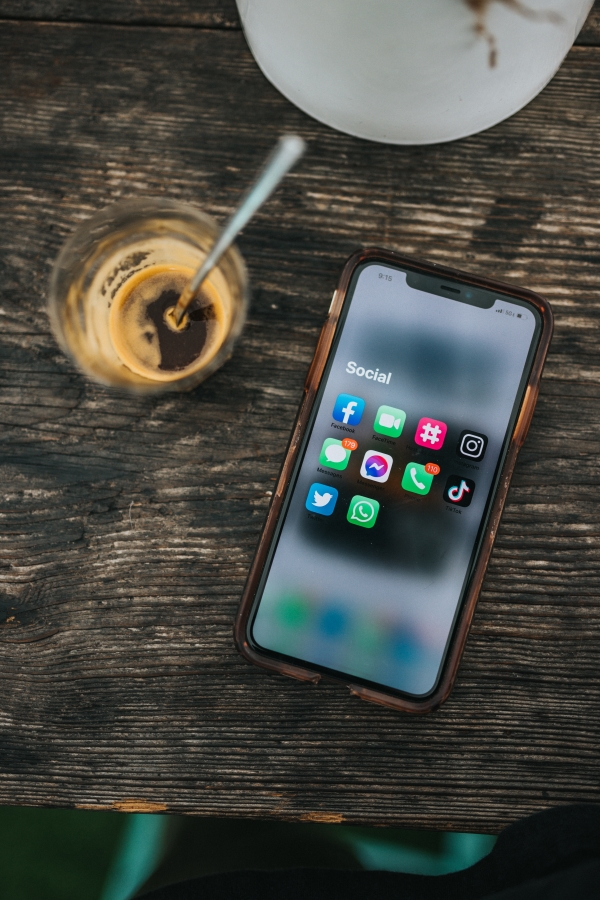Social media addiction: causes and consequences
According to experts, using social media can become an addiction, with the same negative effects that come with any other addiction: anxiety, reliance, irritation, loss of self-control, loneliness, etc.
Low self-esteem, personal discontentment, melancholy, and even lack of affection are some of the key factors that contribute to social media addiction.
Social media addiction has historically been linked to young adults between the ages of 16 and 24. According to experts, teenagers are most vulnerable due to the developing addictions for three main reasons: their propensity for impulsivity, their demand for a large and expanding social impact, and finally, their need to reinforce their group identity. However, older age groups are also likely to form an addiction on the use of these applications and platforms due to the development of newer and more alluring social media platforms. Due to their ease of access and lack of cost, studies have shown that social media sites like Facebook and Twitter can be more addictive than drugs and alcohol.
“Dopamine loop”
Because using social media causes the brain’s reward system to release the “feel-good” chemical dopamine, it can cause physical and psychological addiction. A neurotransmitter, or chemical messenger between neurons, dopamine plays a role in both physiological and neurological processes.
The social media addiction has been compared to a cocaine rush. Users of cocaine briefly feel euphoric effects before the drug becomes easily addictive. Similar dopamine releases in the brain from social media can produce the same short-term euphoria cocaine users seek. It has been demonstrated that social media likes, comments, and shares can cause an addiction like a cocaine euphoria.
